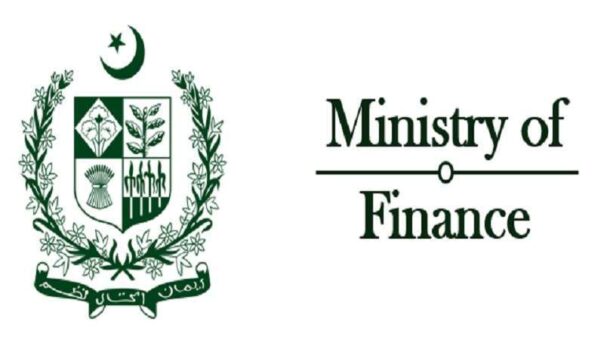Islamabad, June 28, 2024 – Federal Finance Minister Muhammad Aurangzeb reaffirmed the government’s commitment on Friday to increase Pakistan’s tax-to-Gross Domestic Product (GDP) ratio to 13%, emphasizing the need for robust economic reforms to achieve sustainable growth.
Speaking during discussions on the 2024-25 budget in the National Assembly, Aurangzeb underscored that achieving macroeconomic stability remains a cornerstone of the government’s economic policy. He highlighted the current stability in economic indicators such as the current account, fiscal deficit, inflation rate, and foreign exchange reserves, noting that these factors are well-managed.
“The government is dedicated to enhancing the tax to GDP ratio to 13% through the reconstruction and digitization of the Federal Board of Revenue (FBR),” Aurangzeb stated. He emphasized that eliminating the category of non-filers from the tax system is part of broader efforts to expand the tax base and ensure equitable tax compliance across all sectors.
Addressing economic achievements, Aurangzeb pointed out that Pakistan has reduced its current account deficit and maintained control over the fiscal deficit. The country’s foreign reserves currently stand at $9 billion, providing an import cover of two months. Inflation rates have significantly decreased, with overall inflation dropping from 38% to 11% and food inflation stabilizing at 2%.
Looking ahead, Aurangzeb outlined plans for reforms in State Owned Enterprises (SOEs) and the energy sector, highlighting upcoming privatization initiatives set to be completed within the next three years. These reforms aim to enhance efficiency, reduce fiscal burden, and attract private sector investment to vital sectors of the economy.
The Finance Minister also reiterated the government’s commitment to curb tax evasion and broaden the tax net, particularly targeting retailers and the real estate sector. He stressed the importance of fiscal discipline and structural reforms to sustain economic stability and foster long-term growth.
As discussions on the budget continue, Aurangzeb’s remarks underscored the government’s proactive stance towards fiscal reforms and economic resilience. The push towards a higher tax-to-GDP ratio reflects efforts to strengthen revenue generation capabilities, reduce dependency on external financing, and ensure sustainable economic development for Pakistan.
The 2024-25 budget discussions in the National Assembly are pivotal as policymakers seek to balance fiscal prudence with socio-economic imperatives, navigating challenges and opportunities in Pakistan’s economic landscape.
